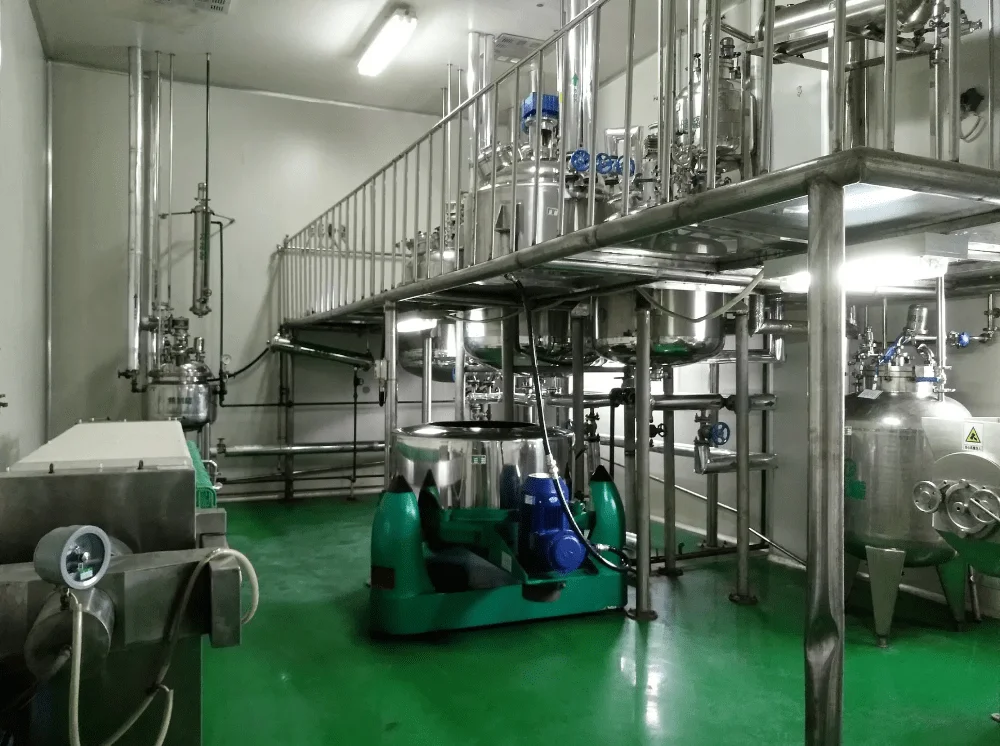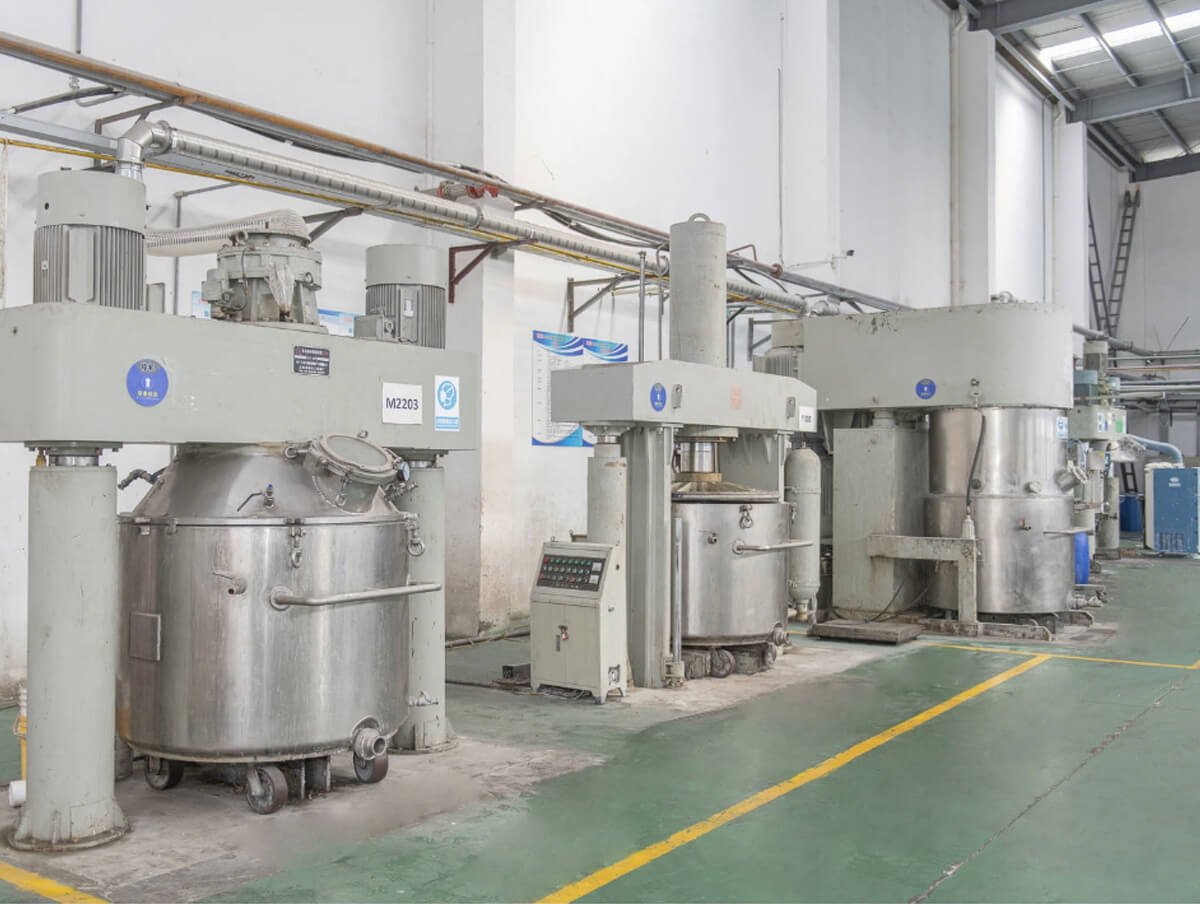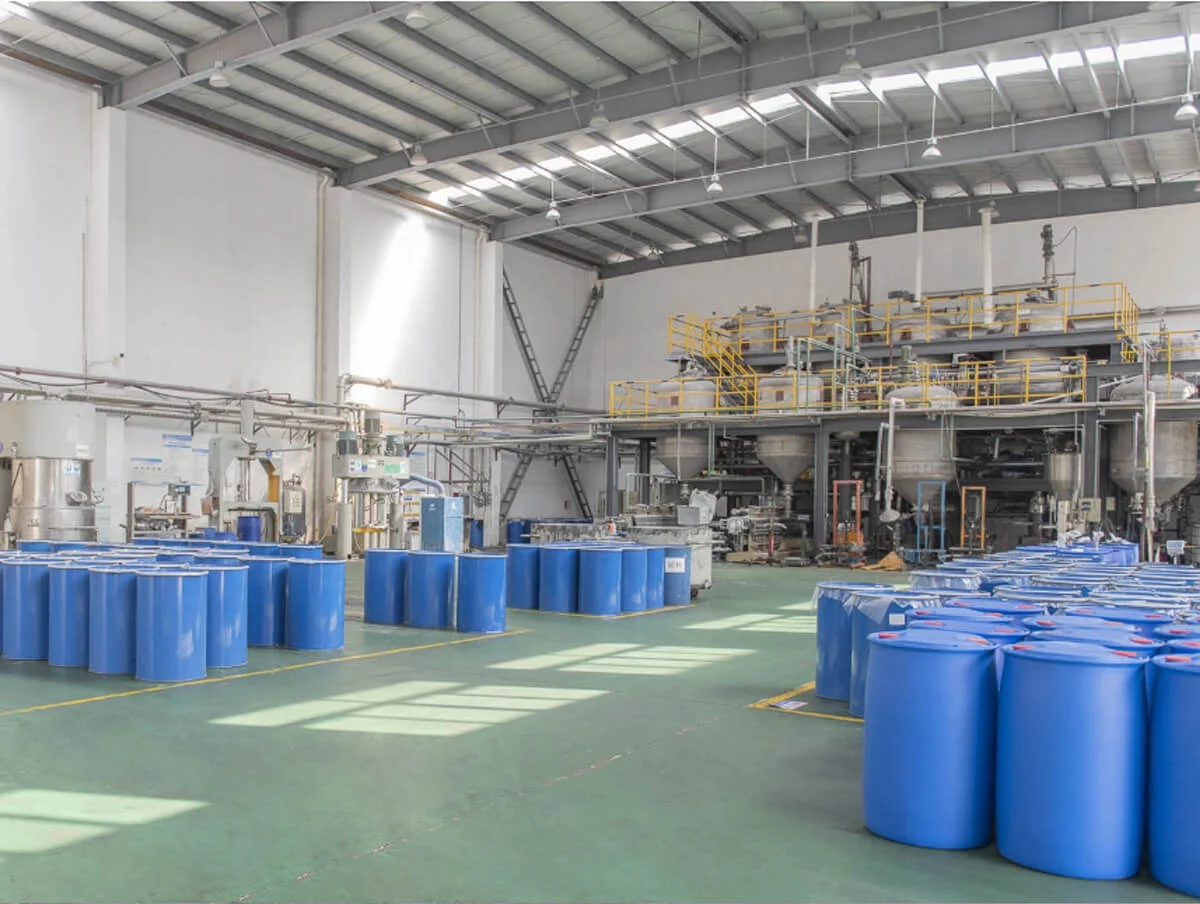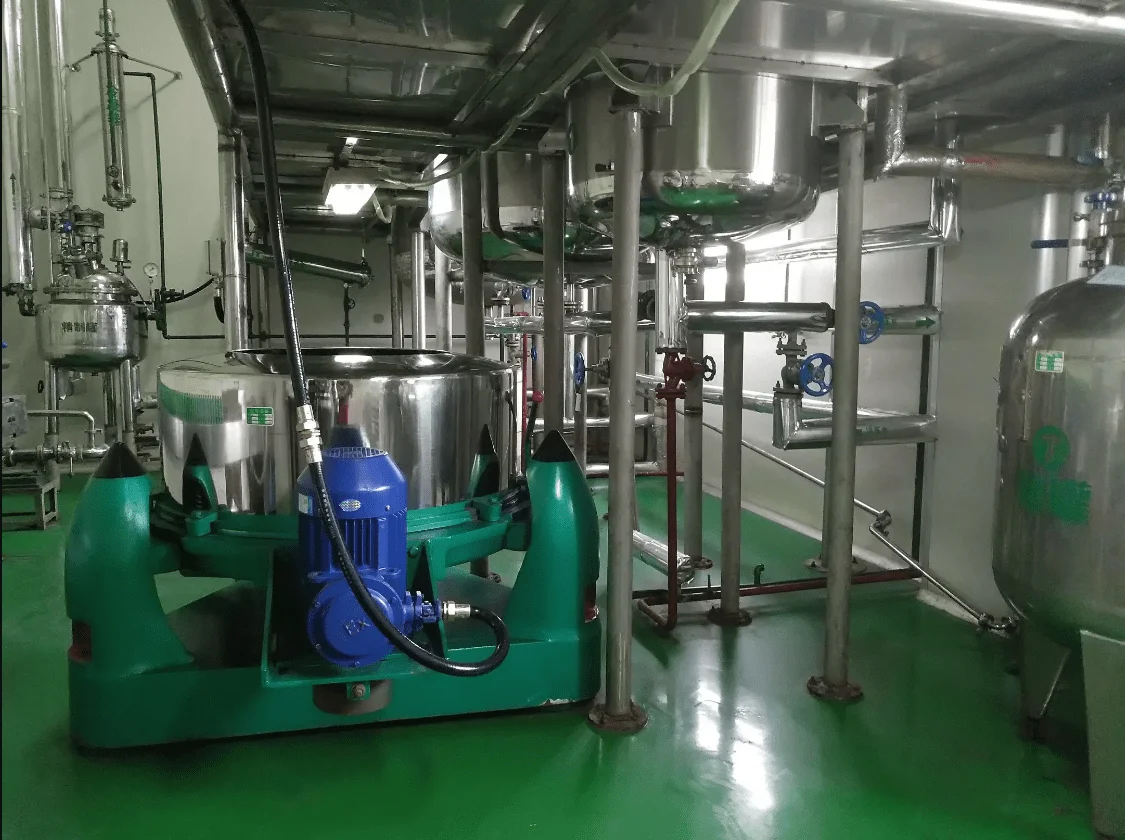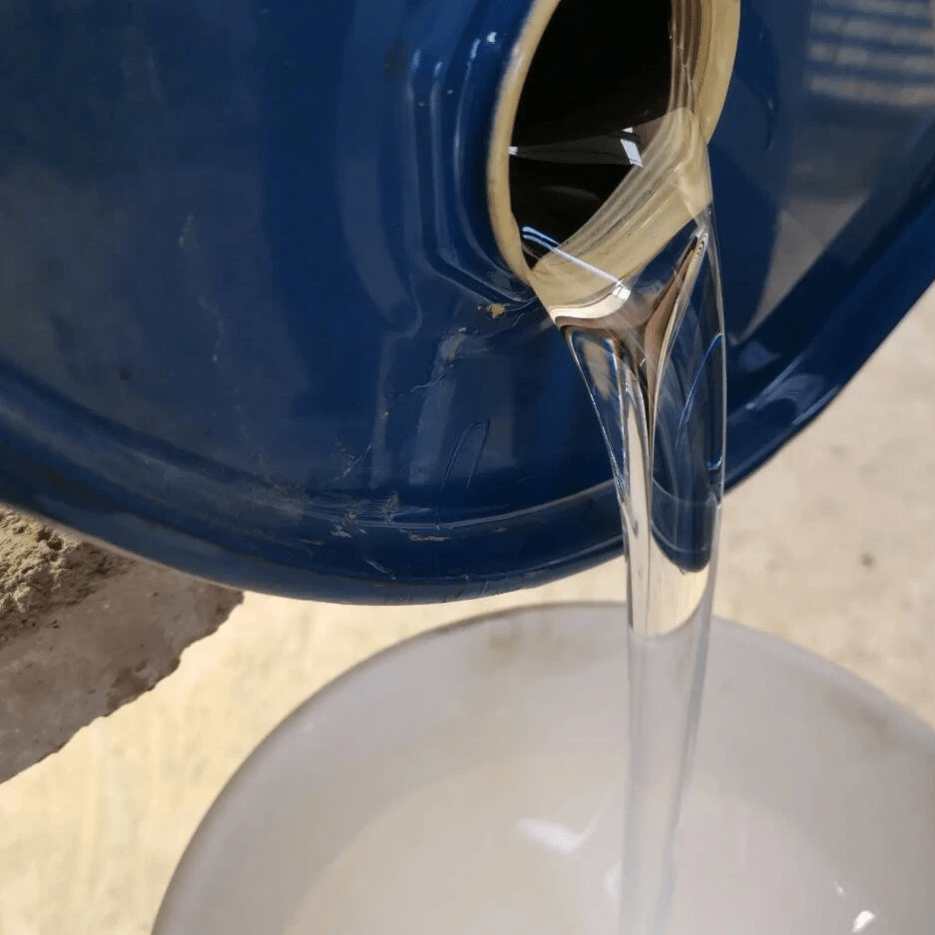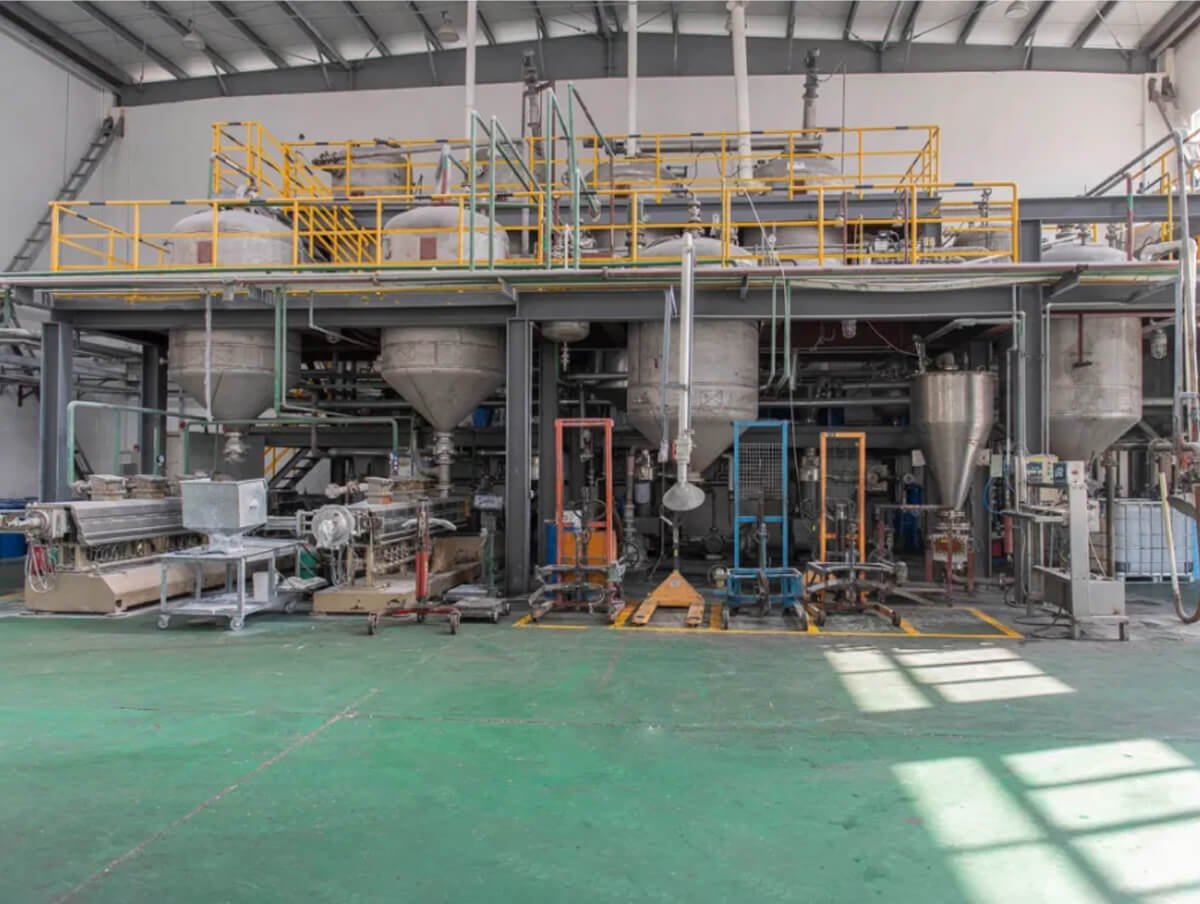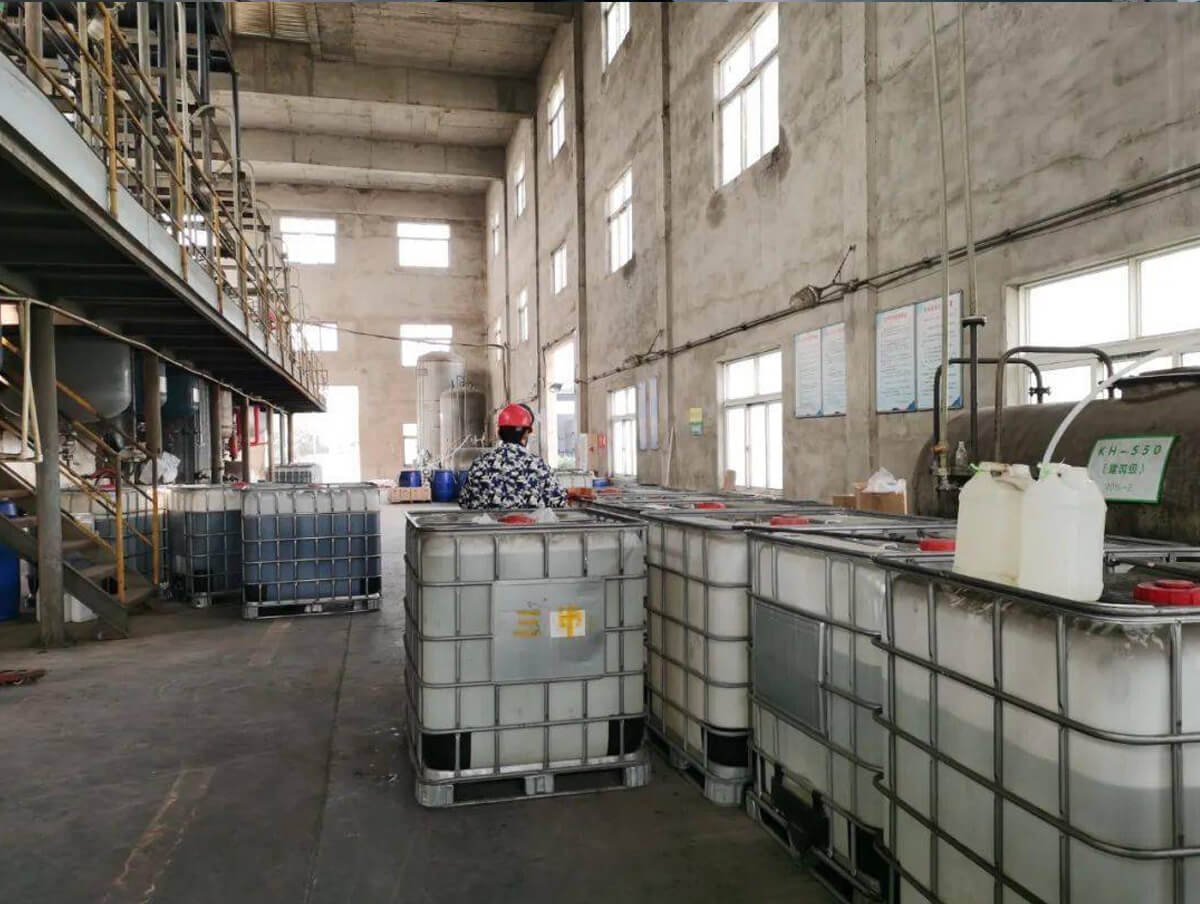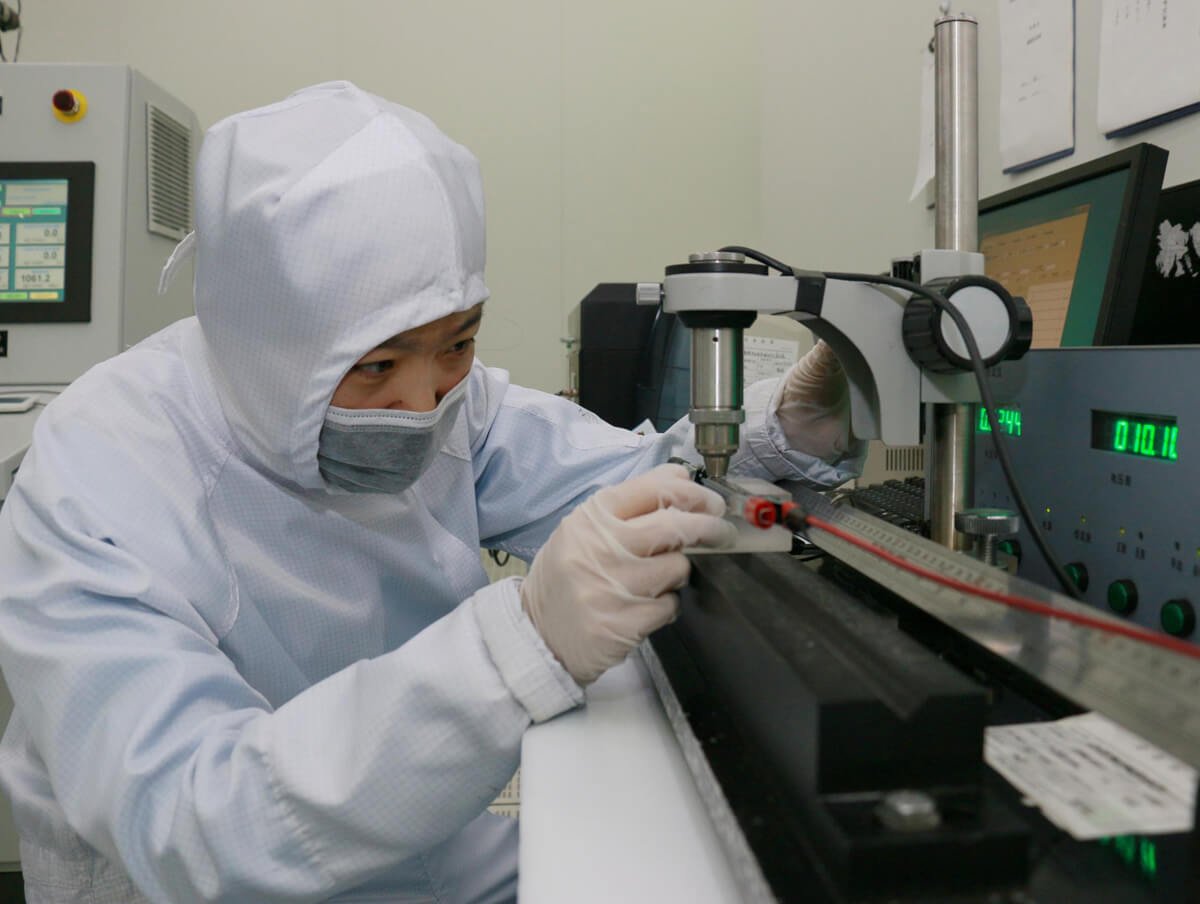Silico® Linear Silicone Fluids
Methyl Silicone Resin
| Type | Structure | Brief Description |
|---|---|---|
| Methyl MQ Resin | M–Q | Rigid, cage-like polymer with excellent hardness, heat resistance, and powder form |
| Methyl DT Resin | D–T | Flexible thermosetting resin with good thermal stability and electrical insulation |
| Methyl MDT Resin | M–D–T | Balanced crosslinked resin with both rigidity and flexibility, ideal for LED and coatings |
| Methyl Vinyl Resin | M–Q + vinyl | Provides vinyl functionality for UV or thermal curing, enhances adhesion |
| Methyl Hydrogen Resin | M–Q + Si–H | Used as a crosslinking agent in hydrosilylation systems, with excellent reactivity |
| Epoxy-Modified Methyl Resin | MQ + epoxy | Combines silicone heat resistance with epoxy adhesion and mechanical strength |
| Acrylic-Modified Methyl Resin | MQ + acrylate | Enables UV curing and improves hardness and film-forming for coatings and inks |
| Methyl Resin Dispersion | MQ or MDT resin dispersed in solvent/resin | Ready-to-use dispersion form for easy incorporation in coatings and adhesives |
Phenyl Silicone Resin
| Type | Structural Features | Brief Description |
|---|---|---|
| High-Phenyl Silicone Resin | High phenyl content | Excellent heat and oxidation resistance for extreme conditions |
| Phenyl Hydrogen Silicone Resin | Phenyl with reactive Si–H groups | High reactivity; used as crosslinkers and reinforcement additives |
| Phenyl Vinyl Silicone Resin | Phenyl and vinyl functional groups | Versatile curing options, ideal for UV and thermal curing |
| Phenyl MQ Silicone Resin | M and Q units with phenyl substituents | Dense structure, excellent thermal stability and corrosion resistance |
| Modified Phenyl Silicone Resin | Epoxy, acrylic, amino modifications | Enhanced adhesion, weatherability, and chemical resistance |
Vinyl Silicone Resin Types
| Type | Structural Features | Brief Description |
|---|---|---|
| Vinyl MQ Silicone Resin | M–Q cage-like structure with vinyl groups | High purity vinyl resin offering excellent crosslinking and adhesion properties |
| Vinyl MDT Silicone Resin | M–D–T mixed structure with vinyl groups | Balanced rigidity and flexibility with vinyl functionality for UV/thermal cure |
| General Vinyl Silicone Resin | MQ or MDT structure with vinyl groups | Standard vinyl-functional resin, suitable for thermal and catalytic curing |
| Hybrid Vinyl Silicone Resin | Vinyl resin modified with additional units | Enhanced performance and compatibility for specialized coatings and adhesives |
Modified Silicone Resin Types
| Type | Modification / Functional Groups | Brief Description |
|---|---|---|
| Epoxy-Modified Silicone Resin | Epoxy functional groups grafted onto silicone backbone | Combines silicone’s thermal stability with epoxy’s strong adhesion and chemical resistance |
| Acrylic-Modified Silicone Resin | Acrylic groups chemically bonded | Enables UV curing, improves hardness and film-forming properties |
| Polyester-Modified Silicone Resin | Polyester chains incorporated | Enhances flexibility, weather resistance, and hardness for coatings |
| Acrylic-Epoxy Hybrid Silicone Resin | Dual modification with both acrylic and epoxy groups | Offers dual curing options and superior mechanical and chemical performance |
| Amino-Modified Silicone Resin | Amino functional groups added | Improves adhesion, especially on metal substrates |
| Fluorinated / Specialty Modified Silicone Resin | Fluoroalkyl or silane end groups introduced | Provides low surface energy, anti-fouling, and solvent resistance |
Silico® Silicone Resins – Professional Silicone Resins Manufacturer in China
Silico® Silicone Resins are advanced, heat-resistant organosilicon polymers engineered for superior performance in extreme environments. Based on structural units such as MQ, DT, MDT, and advanced modified hybrids, these resins deliver tailored solutions for use in coatings, adhesives, electronics, insulation, and composites.
Silico® resins offer exceptional thermal stability, UV durability, chemical resistance, and formulation compatibility, available in multiple functional groups like methyl, phenyl, vinyl, and more.
Product Type Comparison
| Resin Type | Structure / Functional Features | Typical Applications |
|---|---|---|
| Methyl Silicone Resin | MQ, MDT, or DT structure with methyl-substituted siloxane units | High-temperature coatings, insulation varnishes, mold release agents, structural adhesives |
| Phenyl Silicone Resin | MQ, DT, or MDT structure with phenyl groups | Electrical insulation, anti-corrosive coatings, aerospace-grade materials |
| Vinyl Silicone Resin | Vinyl-functional MQ or MDT structure; supports thermal or UV/platinum catalyzed curing | UV-curable coatings, LED encapsulants, electronic potting, optical coatings |
| Modified Silicone Resin | Epoxy, acrylate, polyester, amino, fluorinated or other functional group modifications | Protective coatings, electronic encapsulation, industrial finishes, UV systems, anti-fouling coatings |
Key Advantages of Silico® Silicone Resins
Precision control over molecular architecture (MQ, MDT, DT, hybrid)
Outstanding thermal resistance up to 450 °C
High-performance electrical insulation and weatherability
Available in solvent-based, solvent-free, and powder forms
Full support: TDS, SDS, technical customization, and global logistics
About Silicone Resins FAQs
Silicone resins are highly crosslinked, thermosetting organopolysiloxane materials composed of siloxane units (typically M, Q, D, and T). Unlike silicone oils (fluids) or elastomers, silicone resins form hard, thermally stable films with excellent adhesion, weather resistance, and dielectric strength. They are widely used in coatings, adhesives, and electronic encapsulation applications requiring high-temperature endurance and long-term durability.
MQ resins consist of monofunctional (M) and tetrafunctional (Q) units, forming compact, rigid networks used in hard coatings and powders.
DT resins are based on difunctional (D) and trifunctional (T) units, yielding flexible, high-thermal-stability polymers ideal for insulation.
MDT resins incorporate M, D, and T units, balancing flexibility, crosslink density, and thermal resistance—perfect for LED potting, UV coatings, and adhesives.
Vinyl silicone resins enable multiple curing options (thermal, UV, or platinum-catalyzed), allowing flexibility in processing and end-use performance.
Phenyl silicone resins offer superior oxidative and thermal stability, especially for applications above 250 °C.
Modified silicone resins (e.g., epoxy, acrylate, fluorinated) provide enhanced adhesion, UV-curability, corrosion resistance, or anti-fouling properties, making them suitable for specialized coatings, electronics, and marine uses.
For high-temperature coatings (≥400 °C), we recommend Silico® Phenyl MQ or Phenyl DT resins due to their excellent thermal resistance, film integrity, and adhesion to metal substrates. For additional weatherability or chemical resistance, a fluorinated or epoxy-modified resin may be appropriate.
Yes. Silico® silicone resins can be blended with alkyd, epoxy, polyester, or acrylic systems, depending on the resin type. Curing mechanisms include thermal baking, UV curing, or hydrosilylation (for vinyl or hydrogen-functional resins). Technical data sheets (TDS) and formulation guides are available upon request.
Packaging Specifications

Silico® Prouducts
Get a Catalog & Best Price
- Quick and helpful reply within 8 hours;
- Tailored solutions provided for your project;
- One-stop purchasing service.
How to Choose the Right Silicone Resins?
Selecting the right silicone resin depends on application needs, thermal requirements, and cure method.
Use MQ resins for hard coatings and powder formulations.
Choose MDT or DT resins for flexibility, electrical insulation, and heat resistance.
Select vinyl-functional resins for UV or thermal curing systems.
Opt for phenyl resins in high-temperature or oxidative environments.
Use modified resins (epoxy, acrylic, fluorinated) for enhanced adhesion, durability, or chemical resistance.
Explore Silico® grades by structure, functionality, or end-use industry for optimal results.



